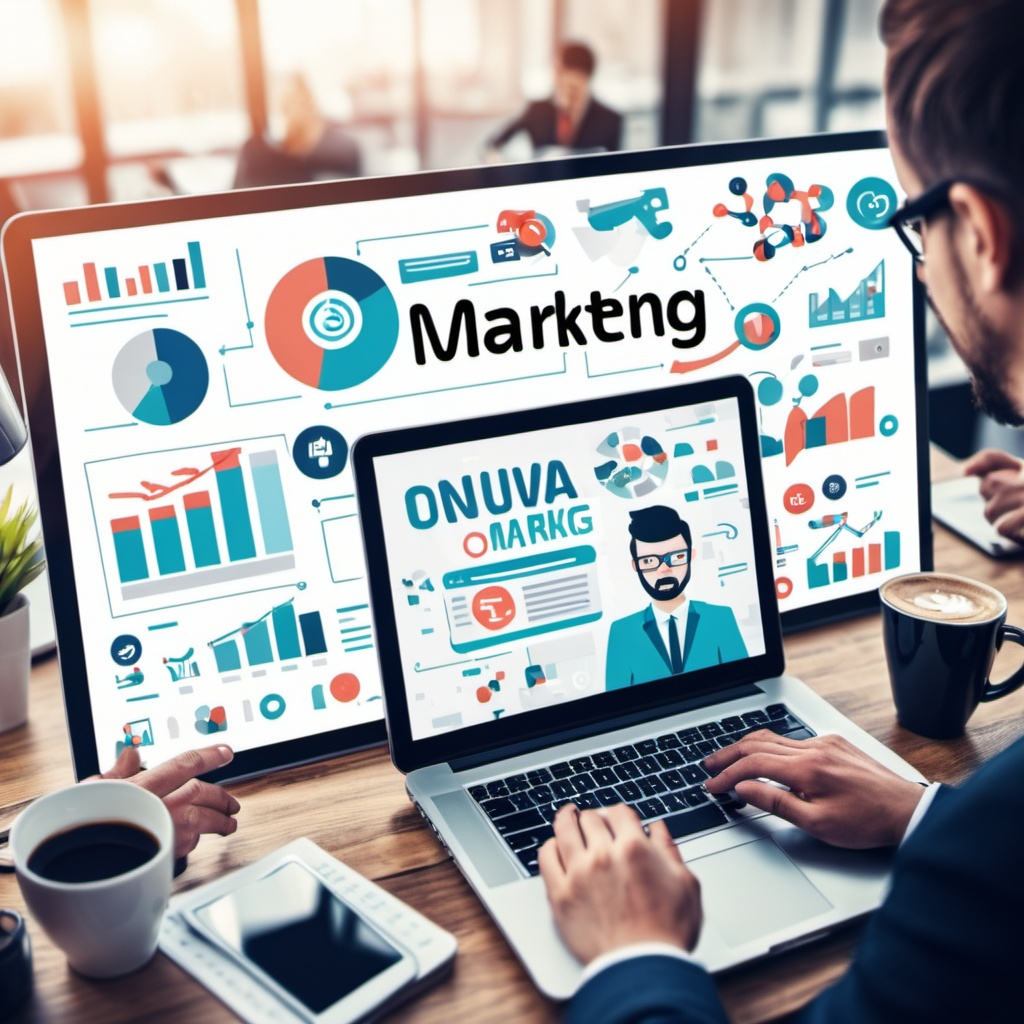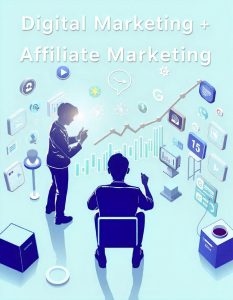Enhancing User Experience for E-commerce Websites: Utilizing Data Analytics for E-commerce Growth
Introduction
In today’s advanced times, e-commerce businesses have a riches of information at their transfer. Leveraging information analytics can altogether improve client encounters, drive development, and keep up a competitive edge. This article investigates the significance of information analytics for e-commerce development and offers viable bits of knowledge on its compelling utilization.
The Control of Information Analytics in E-commerce
Understanding Client Behavior
Information analytics gives profound experiences into client behavior by analyzing information from touchpoints such as site visits, look questions, and buy history. This understanding makes a difference make personalized encounters that reverberate with clients, making them more likely to return.
Optimizing Showcasing Methodologies
With information analytics, e-commerce businesses can track showcasing campaign execution in real time, recognizing which techniques are viable and which require alteration. This empowers companies to center on high-performing campaigns, maximizing promoting ROI and driving focus on activity to their websites.
Improving Item Proposals
Personalized item proposals, fueled by information analytics, can boost deals and move forward client involvement. By analyzing past buys and browsing behavior, businesses can propose pertinent items, expanding change rates and client fulfillment.
Executing Information Analytics for E-commerce Development
Collecting the Proper Information
The primary step is gathering information from sources like site analytics, client criticism, social media, and deals information. Key measurements to track incorporate:
– Activity Sources:
Recognize viable showcasing channels.
– Bounce Rate:
Identify client involvement issues.
– Transformation Rate:
Assess the deals funnel’s viability.
– Normal Arrange Esteem:
Discover openings for upselling and cross-selling.
Utilizing Progressed Analytics Instruments
Progressed analytics apparatuses like Google Analytics, Adobe Analytics, and specialized e-commerce stages (e.g., Shopify Analytics) give comprehensive bits of knowledge into client behavior and trade execution.
Portioning Your Group of Onlookers
The gathering of people division is pivotal for personalized showcasing and proposals. By partitioning clients into sections based on socioeconomics, behavior, and obtaining designs, businesses can tailor showcasing endeavors to specific needs, driving to more successful campaigns and distant better; a much better; a higher; a stronger; an improved”>a distant better client involvement.
Prescient Analytics for Future Development
Prescient analytics employments chronicled information to figure future patterns and client behavior. This makes a difference e-commerce businesses expect client needs, distinguish developing patterns, and make data-driven choices, such as optimizing stock levels to avoid stockouts or overloading.
Improving Client Encounter Through Information Analytics
Personalized Shopping Encounter
Information analytics permits businesses to form personalized shopping encounters by fitting item suggestions, showcasing messages, and site substance to personal inclinations. This leads to higher client fulfillment, expanded dependability, and more deals.
Progressing Site Execution
Information analytics can distinguish contact focuses on your site. For occasion, tall bounce rates may show issues with stack times, route, or substance. Tending to these issues progresses the general client involvement, keeping guests locked in and more likely to buy.
Optimizing Checkout Handle
The checkout handle is basic within the client travel. Information analytics can pinpoint bottlenecks and drop-off focuses, permitting businesses to streamline the method, reduce steps, and address ease of use issues, hence lessening cart surrender rates and expanding transformations.
Client Input Investigation
Analyzing client input through information analytics gives profitable experiences for change. By categorizing and measuring input from audits, studies, and social media, businesses can distinguish common torment focuses and make educated decisions to upgrade client encounters.

Real-World Illustrations of Information Analytics in Activity
Amazon’s Suggestion Motor
Amazon employments information analytics to upgrade client involvement through its proposal motor, which analyzes client behavior, buy history, and browsing designs to propose pertinent items. This personalized approach drives higher deals and client devotion.
Netflix’s Personalized Substance
Netflix leverages information analytics to supply personalized substance proposals. By analyzing seeing propensities and inclinations, Netflix proposes motion pictures that appear custom-fitted to personal tastes, keeping clients locked in and subscribed.
Spotify’s Find Week by week
Spotify’s Find Week after week playlist employments information analytics to minister personalized playlists based on tuning in history and inclinations. This include has been prevalent, improving client fulfillment and engagement.
Conclusion
Information analytics is significant for e-commerce development, empowering businesses to get it client behavior, optimize showcasing methodologies, and upgrade user experience. By collecting the proper information, utilizing progressed analytics instruments, and actualizing prescient analytics, e-commerce businesses can make data-driven choices that drive development and move forward client fulfillment. Grasping information analytics is fundamental for staying ahead of the competition and accomplishing maintained development within the e-commerce industry.












